This exhaustively comprehensive edition of the classic Bonica’s Management of Pain , first published 65 years ago, expertly combines the scientific underpinnings of pain with clinical management. Completely revised, it discusses a wide variety of pain conditions—including neuropathic pain, pain due to cancer, and acute pain situations—for adults as well as children. An international group of the foremost experts provides comprehensive, current, clinically oriented coverage of the entire field. The contributors describe contemporary clinical practice and summarize the evidence that guides clinical practice.
Substantially updated with theoretical advancements and contemporary therapies that have emerged since the previous edition published over a decade ago.
Broad authorship by researchers and practitioners from the many disciplines that participate in pain medicine, including anesthesiology, neurology, physical medicine and rehabilitation, palliative care, psychology, social sciences, and more.
Addresses the economic, political, legal, ethical, and sociological considerations of pain; evaluation of the pain patient; pain conditions; methods for symptomatic control; and provision of pain treatment.
Packed with hundreds of full-color illustrations and tables.
ÍNDICE
Part One Basic Considerations
Chapter 1 Intellectual Milestones in Our Understanding and Treatment of Pain
Chapter 2 Pain Terms and Taxonomies of Pain
Chapter 3 Peripheral Pain Mechanisms and Nociceptor Sensitization
Chapter 4 Substrates of Spinal Cord Nociceptive Processing
Chapter 5 Modulation of Spinal Nociceptive Processing
Chapter 6 Supraspinal Mechanisms of Pain and Nociception
Chapter 7 Psychological Aspects of Pain
Chapter 8 Individual Differences in Pain: The Roles of Gender, Ethnicity, and Genetics
Chapter 9 Functional Neuroanatomy of the Nociceptive System
Chapter 10 Clinical Trials
Part Two Economic, Political, Legal, and Ethical Considerations
Chapter 11 Transdermal Pain: A Sociocultural Perspective
Chapter 12 Ethical Issues in Pain Management
Chapter 13 Ethical Issues in the Care of Dying Patients
Chapter 14 Laws and Policies Affecting Pain Management in the United States
Chapter 15 Litigation Involving Pain Management
Chapter 16 International Access to Therapeutic Opioids
Part Three Evaluation of the Pain Patient
Chapter 17 Evaluation of the Chronic Pain Patient
Chapter 18 Electrodiagnosis in Pain Medicine
Chapter 19 Diagnostic Imaging of Pain
Chapter 20 Measurement of Pain
Chapter 21 Pain Psychology Evaluation
Chapter 22 Disability Evaluation of Patients with Chronic Pain
Chapter 23 Multidisciplinary Assessment of Patients with Chronic Pain
Part Four Pain Conditions
NEUROPATHIC PAIN CONDITIONS
Chapter 24 Painful Neuropathies
Chapter 25 Complex Regional Pain Syndrome
Chapter 26 Phantom Pain
Chapter 27 Herpes Zoster and Postherpetic Neuralgia
Chapter 28 Central Pain States
PSYCHOLOGICAL CONTRIBUTIONS TO PAIN
Chapter 29 The Psychophysiology of Pain
Chapter 30 Pain and Learning
Chapter 31 Psychiatric Illness, Depression, Anxiety, and Somatic Symptom Disorder
Chapter 32 Treatment of Pain in Patients with Addiction
Chapter 33 The Doctor–Patient Relationship in Pain Management: Dealing with Difficult Clinician–Patient Interactions
VASCULAR, CUTANEOUS, AND MUSCULOSKELETAL PAINS
Chapter 34 Arthritis
Chapter 35 Myofascial Pain Syndrome
Chapter 36 Fibromyalgia: A Discrete Disease or the End of the Continuum
Chapter 37 Pain of Dermatologic Disorders
Chapter 38 Pain Due to Vascular Causes
Chapter 39 Pain Due to Thoracic Outlet Syndrome
Chapter 40 Pain Following Spinal Cord Injury
PAIN DUE TO CANCER
Chapter 41 Epidemiology, Prevalence, and Cancer Pain Syndromes
Chapter 42 Assessment and Diagnosis of the Cancer Patient with Pain
Chapter 43 Cancer Pain: Principles of Management and Pharmacotherapy
Chapter 44 Interventional Pain Therapies
Chapter 45 Pain Caused by Cancer of the Head and Neck and Oral and Oropharynx
Chapter 46 Cancer-Related Bone Pain
Chapter 47 Cancer-Related Visceral Pain
Chapter 48 Radiotherapy and Chemotherapy in Cancer Pain Management
Chapter 49 Cancer Pain in Children
ACUTE PAIN
Chapter 50 Acute Pain Management in Children
Chapter 51 Acute Pain in Adults
Chapter 52 Regional Anesthesia Techniques for Acute Pain Management
Chapter 53 Burn Pain
Chapter 54 Persistent Pain in Children
Chapter 55 Pain in the Older Person
Chapter 56 Obstetric Pain
Chapter 57 Pain and Sickle Cell Disease
Chapter 58 Pain in HIV
Chapter 59 The Treatment of Chronic Pain in Patients with History of Substance Abuse
Chapter 60 Compliance Monitoring in Chronic Pain Management
VISCERAL PAIN
Chapter 61 Headache
Chapter 62 Noncardiac Chest Pain
Chapter 63 Abdominal, Peritoneal, and Retroperitoneal Pain
Chapter 64 Pelvic Pain in Females
Chapter 65 Pelvic Pain in Males
REGIONAL PAIN
Chapter 66 Cranial Neuralgias
Chapter 67 Facial Pain
Chapter 68 Neck and Arm Pain
Chapter 69 Chest Wall Pain
Chapter 70 Lower Extremity Pain
NECK AND LOW BACK PAIN
Chapter 71 Neck Pain
Chapter 72 Acute Low Back Pain
Chapter 73 Chronic Low Back Pain
Chapter 74 Surgery for Low Back Pain
Chapter 75 Failed Back Surgery
Chapter 76 Psychological Screening of Candidates for Spine Surgery or Placement of Implanted Devices
Part Five Methods for Symptomatic Control
PHARMACOLOGIC THERAPIES
Chapter 77 Rational Pharmacotherapy for Pain
Chapter 78 Nonsteroidal Anti-inflammatory Drugs and Acetaminophen
Chapter 79 Opioid Analgesics
Chapter 80 Skeletal Muscle Relaxants and Analgesic Balms
Chapter 81 Neuropathic Pain Pharmacotherapy
Chapter 82 Local Anesthetics
PSYCHOLOGICAL TECHNIQUES
Chapter 83 Anger and Pain
Chapter 84 Cognitive-Behavioral Therapy for Chronic Pain
Chapter 85 Pain and Anxiety and Depression
Chapter 86 Hypnosis
Chapter 87 Group Therapy for Chronic Pain
Chapter 88 Motivating Chronic Pain Patients for Behavioral Change
PHYSICAL AND OTHER NONINTERVENTIONAL THERAPEUTIC MODALITIES
Chapter 89 Basic Concepts in Biomechanics and Musculoskeletal Rehabilitation
Chapter 90 Pain Rehabilitation
Chapter 91 Assessment and Treatment of Substance Use Disorders
Chapter 92 Biophysical Agents for Pain Management in Physical Therapy
Chapter 93 Exercise Therapy for Low Back Pain
Chapter 94 Complementary and Integrative Health
IMPLANTED ELECTRICAL STIMULATORS
Chapter 95 Stimulation of the Peripheral Nervous System for Pain Relief
Chapter 96 Spinal Cord Stimulation
Chapter 97 Deep Brain and Motor Cortex Stimulation
INTERVENTIONAL PAIN MANAGEMENT
Chapter 98 Diagnostic and Therapeutic Nerve Blocks
Chapter 99 Epidural Steroid Injections
Chapter 100 Intrathecal Drug Delivery in the Management of Pain
Chapter 101 Intradiscal Therapies for Low Back Pain
Chapter 102 Neurolytic Blockade for Noncancer Pain
SURGICAL APPROACHES
Chapter 103 Surgery of the Peripheral Nervous System as a Treatment for Pain
Chapter 104 The Surgical Management of Trigeminal Neuralgia
Chapter 105 Ablative Neurosurgical Procedures for Chronic Pain
PART SIX Provision of Pain Treatment
Chapter 106 Interdisciplinary Chronic Pain Management: Overview and Lessons from the Public Sector
Chapter 107 Spine Clinics
Chapter 108 Pain Management in Primary Care
Chapter 109 Pain Management at the End of Life
Chapter 110 Ethical Principles that Support Decision Making in Pain Management: The Case of Stopping Opioids
Chapter 111 Training Pain Specialists
Chapter 112 Emergencies in the Pain Clinic
Chapter 113 Pain Management in the Emergency Department
Chapter 114 Pain Management in the Intensive Care Unit
Chapter 115 The Future of Pain Medicine: An Epilogue


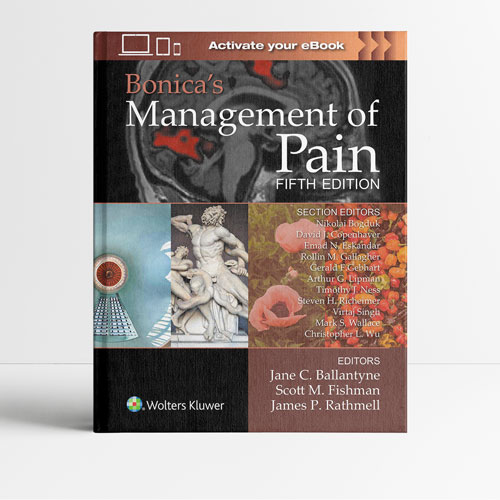
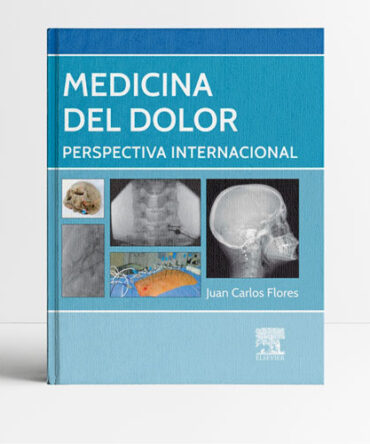
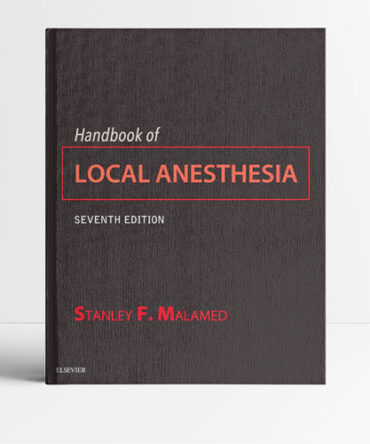
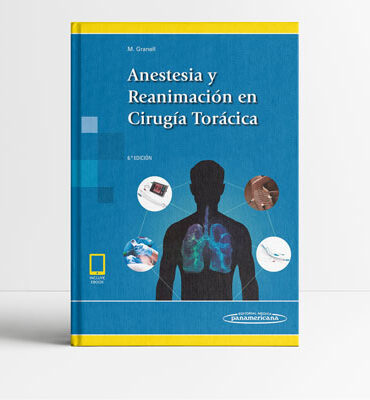
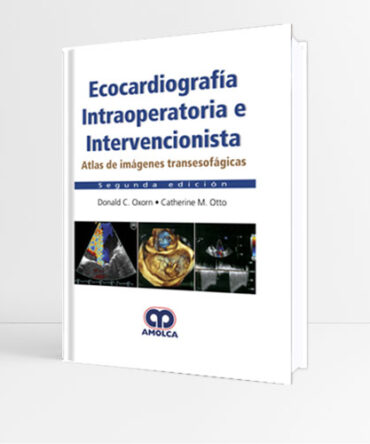
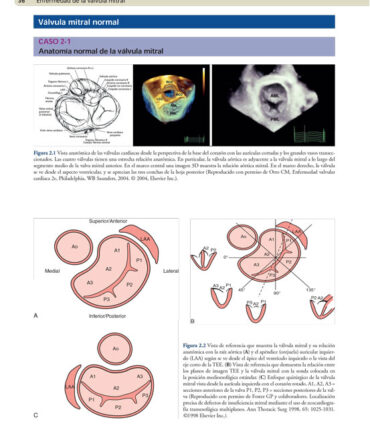
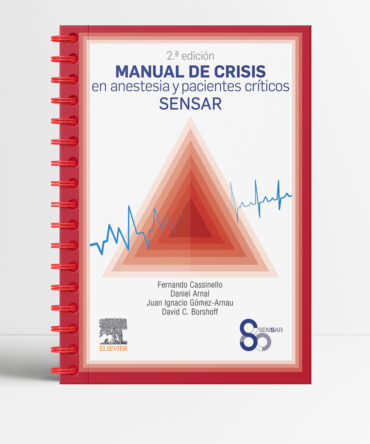
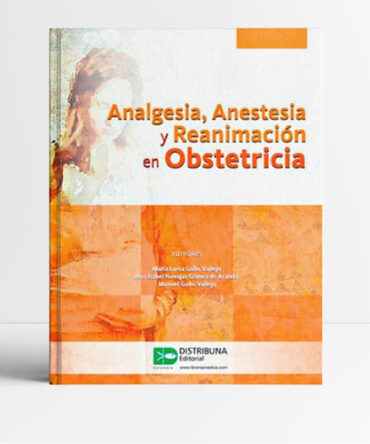
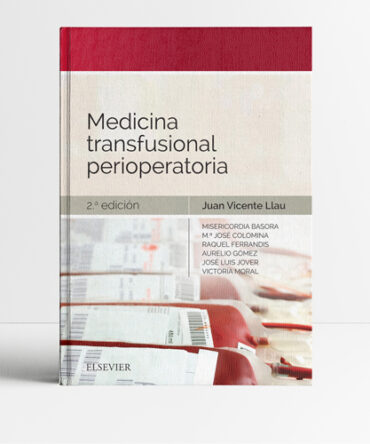
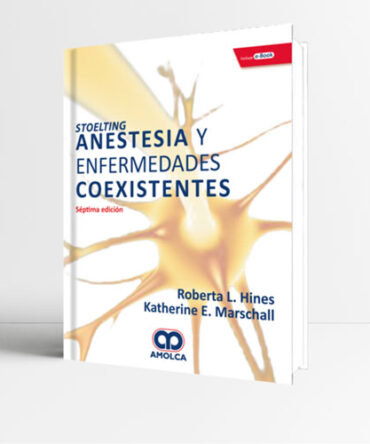
Valoraciones
No hay valoraciones aún.